Honor Your Hunger as an Intuitive Eater
- May 3, 2020
- Last Updated: April 3, 2024
- 4 Comments
- Intuitive Eating
Do you know how to honor your hunger, or feel in tune with your hunger cues? Before you can become an intuitive eater, you must tune in to your hunger cues or lack of hunger cues and learn how hunger manifests for you.
As an Amazon Associate, I may earn from qualifying purchases. You can read more here on our Disclaimer and Privacy Page.
Honor your hunger. It may seem simple, but it can actually be quite complicated for many people.
This is the second of the 10 principles of intuitive eating. Teaching clients how to recognize, honor and appreciate their hunger is my favorite thing.
I LOVE talking about hunger. So much so, that I created a 50+ page Ebook all about it.
Last week we talked all about how to reject the diet mentality, and today, we’re building on that with the important idea of honoring our hunger.
Honor Your Hunger By Recognizing Hunger Cues
Remember that you had hunger cues at some point in the past. We’re all born with them.
It’s likely that dieting (toxic diet culture) stripped them away from you or just made you feel really confused about hunger in general.
“Keep your body biologically fed with adequate energy and carbohydrates. Otherwise, you can trigger a primal drive to overeat. Once you reach the moment of excessive hunger, all intentions of moderate, conscious eating are fleeting and irrelevant. Learning to honor this first biological signal sets the stage for rebuilding trust with yourself and food.”
Evelyn Tribole and Elyse Resch
If you think about newborn hunger cues, they cry or grab when they want to eat. They have innate cues to tell you they’re hungry.
You once had those too, and you can get to a point where you have innate cues through intuitive eating as an adult.
The intuitive eating hunger scale will be a helpful tool in re-establishing hunger cues! Getting back in touch with your own hunger is one of the best national nutrition month tips that apply to nearly everyone.
Hunger cues can manifest in many ways, some being:
- fatigue and headaches
- inability to concentrate
- gnawing or gurgling stomach
- stomach growling
- light-headedness
- having difficulty concentrating
- feeling faint
- general discomfort and stomach pain
- thinking about food <– This is a big one!

What Affects Hunger Cues?
Let’s do a rudimentary explanation of what dieting does to the body, which is the reason many of us may have lost, or learned to ignore, hunger cues.
And by dieting, I’m referring to caloric restriction, usually intentionally.
Even if you have access to food, the body doesn’t know the difference between intentional starvation and “dieting.” It will react in the same way.
Here are some of the things that will happen with dieting:
- slowed metabolism (to “save” energy since the body thinks it is limited)
- preoccupation with food
- slowed heart rate
- loss of period/menstrual dysfunctions
- becoming obsessed with food and feeling out of control around food
- constantly thinking about food
- inability to concentrate
- constant fatigue and sluggishness
It often helps to review a keynote study in our history to really understand how restrictions affect people.
The Ancel Keys Study and Effects on Hunger Cues and Behavior
If you haven’t heard about this starvation study conducted by Dr. Ancel Keys during World War II, it does a fabulous job of summarizing what happens when we are deprived of food.
- There were 32 healthy men selected to take part, and they were in fact, selected because they were healthy (“superior” mental and physical health).
- During the first three months of the study, the men could eat whatever food and as much as they liked. Their daily average was 3,492 calories.
- After this 3 month period, they transitioned to the “semistarvation” period, where these men were required to lose between 19-28% of their weight.
- To do this, calories were cut by nearly 50% to an average of 1,570 calories per day. Keep in mind that this is more than some diets “allow” you to eat!

Here’s how these men were impacted by this restriction:
- Their metabolic rates decreased by 40%
- The men became obsessed with food – they talked about their cravings, thought about food all the time, and collected recipes
- They lost their sexual desire
- Personalities changed (many became apathetic, irritable, moody and depressed)
- Some of the men purposefully exercised more to get increased food rations
- Eating styles changed -Some men ate so quickly because they were starving, while others stalled to keep the food there longer
Also, researchers’ noted: “Several men failed to adhere to their diets,” citing one participant as having a complete lack of willpower and bingeing on lots of food.
In part 2 of the study, these men were then allowed to eat their regular amounts and noticed that their hunger cues felt insatiable and it was difficult for them to stop eating.
They ate more calories on the weekend through “weekend binges,” and it took months before these men could normalize their eating again. In other words, the effects of dieting were long-lasting as these men still battled with an unhealthy relationship with food.

Does this ring true to any of your experiences?
Have you found yourself scrolling through Pinterest recipes only to have rules about what you can and can’t make?
Or, have you bought several cooking appliances to make these recipes that you may have rules around?
Did you find that the more you dieted and restricted, the more you thought about food?
Or, have you found yourself starving after a workout but won’t allow yourself to eat more food, unless you reached a certain distance or calorie goal?
Why Restriction Doesn’t Work (What Triggers Eating)
What people don’t understand about hunger and honoring hunger is that there IS a biological mechanism and process that triggers eating. We are wired to eat.
So, if we ignore the hunger or don’t honor hunger, it’s just going to get stronger. To the point where we feel like we don’t have “willpower” because we want to eat everything in sight.
Think about it – food is included as a fundamental need (physiological) in Maslow’s Hierarchy of Needs. Since it’s so fundamental, it only makes sense that our bodies have compensation mechanisms (extreme hunger) to turn on our eating drive.
I like this image from Psychology Today that shows that our physical needs (hunger being one of them) is the most important before we can even consider other needs being met, like our ego or advancing in our career, using creativity, etc.

So, understand that it’s never willpower that is keeping us from eating, or failed willpower when we give in to eating. Instead, it’s a biological drive with extreme power and intensity, our body’s way of trying to survive.
Therefore, fasting, ignoring hunger, listening to the food police, or purposeful restriction is counterproductive to appetite and counterintuitive to our bodies.
Our body doesn’t know why we are withholding food, so to cope, it just turns on the neurochemical switches that tell us to eat more.
This is also why most fad diets fail and intentional weight loss is very hard to keep off – it goes against our biological responses.

And generally, our body craves highly palatable, high-fat foods in these situations. It’s not craving a kale salad.
Because it knows we need energy and we want “quick” energy, which generally, palatable foods provide.
It’s much easier to stop eating when you truly understand and believe that you can eat again. Even the idea of restricting calories poses some state of “starvation” in the body, which is why after a certain amount of time, you may feel compelled to eat large amounts/binge.
This is an effort from your body to “catch up” on energy. It’s actually a survival mechanism.

4 Types of Hunger
Understanding the 4 types of hunger is helpful in understanding where hunger stems from and what it may be telling your body in that unique situation. We review these in more depth in my ebook with concrete examples.
- Primal Hunger (Biological Hunger) – Primal hunger is just like it sounds. It’s a strong desire to eat that comes with survival. We are primed to eat foods to survive and if we get to the point where we feel primal hunger, we’ll do just about anything to quench that need. Think of hunters and gatherers, killing animals to eat. We have biochemical triggers that drive our desire to eat.
- Taste Hunger – You may not feel physically hungry, but you’re curious about what something tastes like, or the smell of cookies fresh out of the oven has you salivating.
- Practical Hunger – You may not feel hungry but it’s practical for you to eat right now. An example would be you’re about to head into a 3-hour work meeting where you may not have access to your snack, and waiting until after then to eat would put you in “extreme and uncomfortable hunger” (a 1 or 2 on the hunger scale), which is not ideal.
- Emotional Hunger – Physical hunger vs. emotional hunger is an interesting concept. Emotional hunger may look like not experiencing the symptoms of physical hunger (growling stomach, dizziness, thinking about food), but instead, there are some emotions that you are sorting through, and food is a “comforting” choice. There’s nothing wrong with this occasionally. If/when food becomes our only choice, it’s time to designate other coping mechanisms. Many people confuse hunger cues vs. tired cues as well and this is another thing to keep in mind and check in with yourself about.

How Can You Honor Hunger Without Hunger Cues?
A lot of clients tell me, “I have no hunger cues at all.”
I usually challenge this statement and try to get them to think outside of just the typical growling stomach sign of hunger.
Yes, dieting can certainly quiet our hunger cues. But, we can regain them back.
If you have no hunger cues, it’s likely that you have learned how to ignore them, or hunger is being signaled to you in a different way.
Remember some of the other signs of hunger:
- fatigue and headaches
- inability to concentrate
- thinking about food
- light headedness
- feeling faint
- general discomfort and stomach pain
Remember, by continuing to honor hunger cues (or, feed your body consistently), you will develop body trust, which is an important part of becoming an intuitive eater.
How Do I Get To A Point Where I Allow Myself To Honor Hunger?
It definitely takes time, and usually, some 1-1 work with a professional or some recovery work. You can learn to honor your hunger cues regularly, not just through cheat meals.
If you’re an athlete, it usually takes getting in touch with your main signals of hunger, and allowing yourself to eat when you’re not hungry to ensure you’re adequately fueling.
It’s hard to hear and honor your hunger if you’re never listening to it.
So, the first step is to tune into what hunger looks and feels like for you. I love journaling prompts for this (and so do my clients!) so I include many of those journaling prompts and handouts in the Ebook.
Each time you eat, or plan to eat, start checking in with yourself. Are you hungry? How hungry, on a scale of 1-10 are you?
I use this intuitive eating hunger scale with my clients below. What does hunger feel like right now?
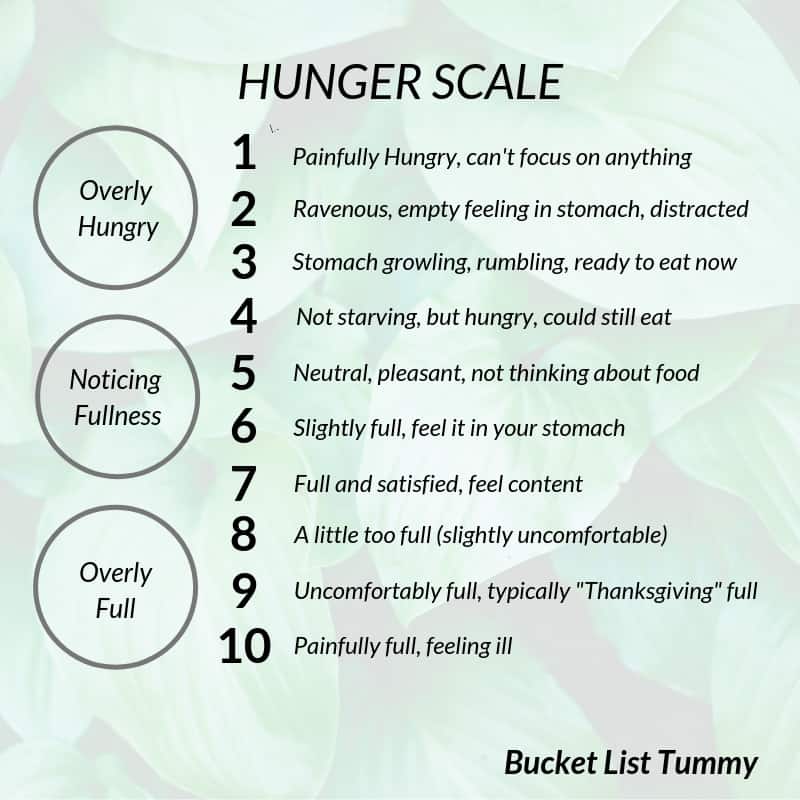
Take advantage of the times when you actually feel the hungriest and make that your biggest meal.
Your stomach can be trained once it knows it has food coming in regularly. If you don’t show typical hunger signs at other points in the day, see if stress or a chaotic schedule could be masking it.
Also, remember that honoring your hunger doesn’t only mean eating when you’re hungry. As we’ve mentioned, there may be many instances where you don’t “feel” hunger but still need to eat
Stay tuned for next week’s post all about making peace with food.
References:
- Tribole, E. and Resch, E. (2012). Intuitive eating, 3rd edition. New York, NY: St. Martin’s Griffin.
Kalm, L. M., & Semba, R. D. (2005). They starved so that others be better fed: remembering Ancel Keys and the Minnesota experiment. The Journal of nutrition, 135(6), 1347-1352.
Keys, A., Brozek, J., Henshel, A., Mickelson, O., & Taylor, H.L. (1950). The biology of human starvation, (Vols. 1–2). Minneapolis, MN: University of Minnesota Press.
Burton, Neel. “Our Hierarchy of Needs.” Psychology Today, Sussex Publishers, 23 May 2012, www.psychologytoday.com/us/blog/hide-and-seek/201205/our-hierarchy-needs.
Support Bucket List Tummy







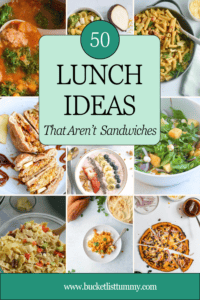



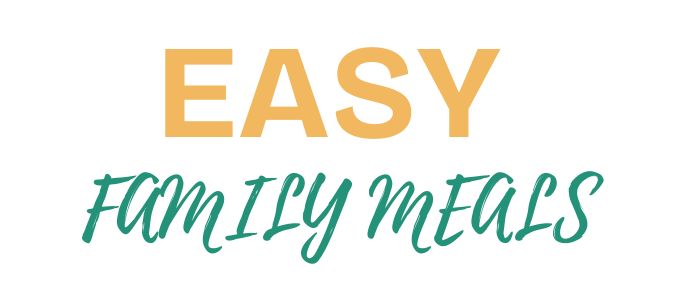
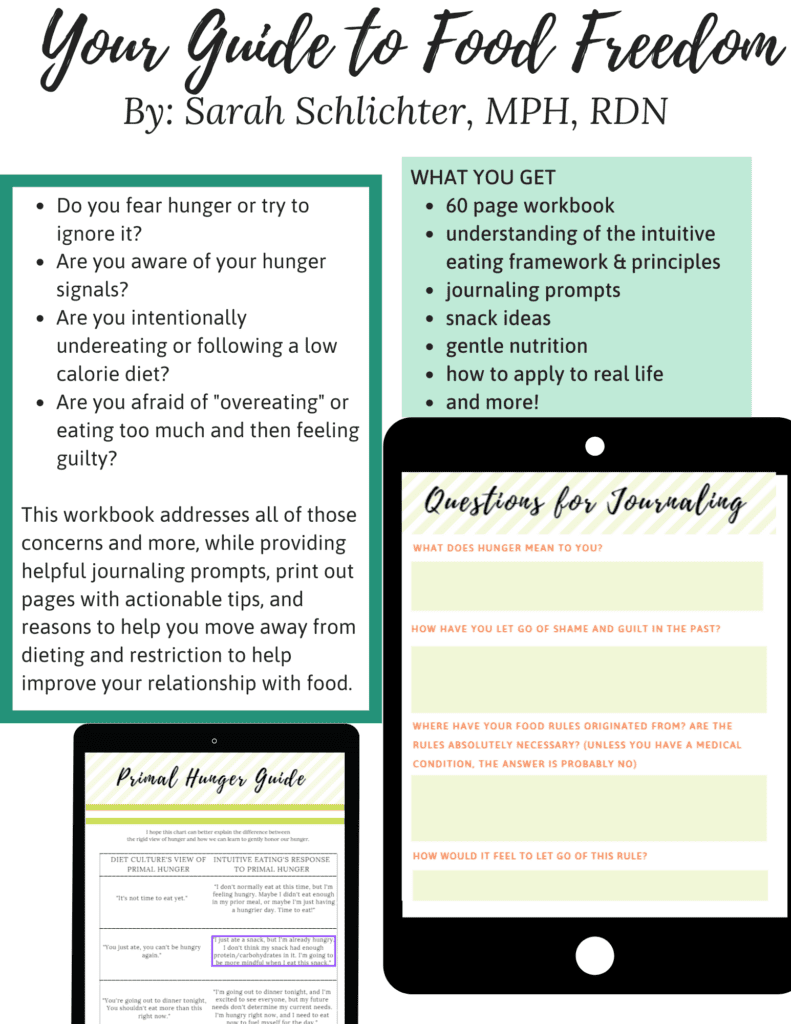
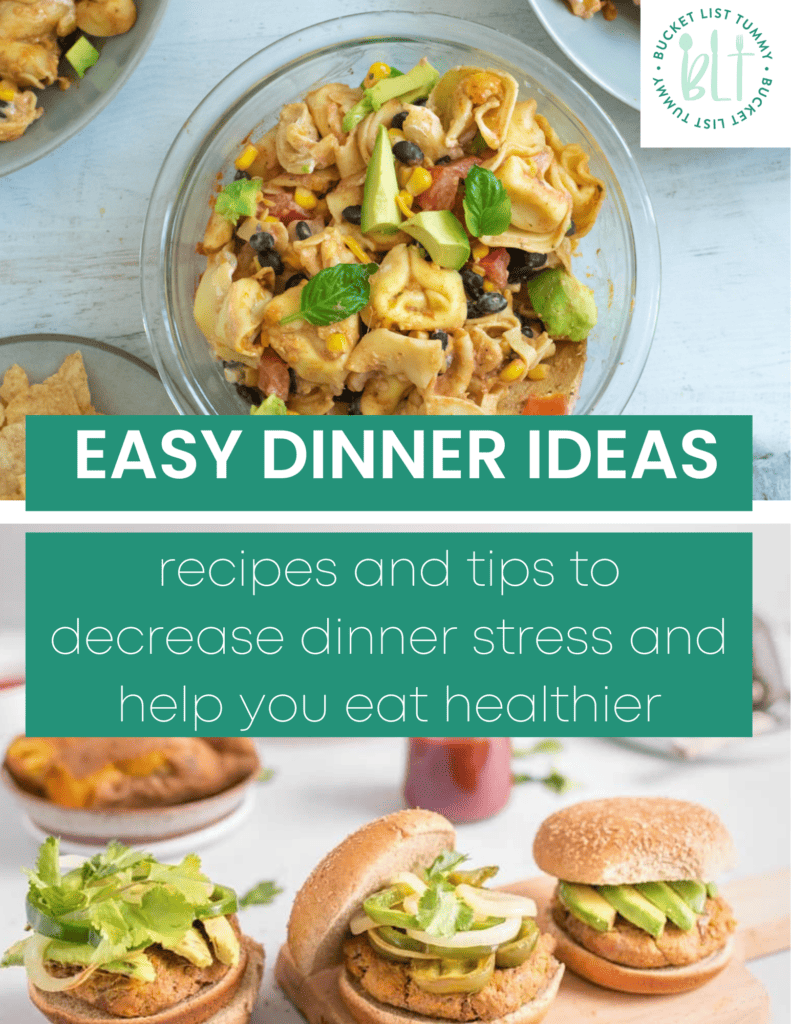

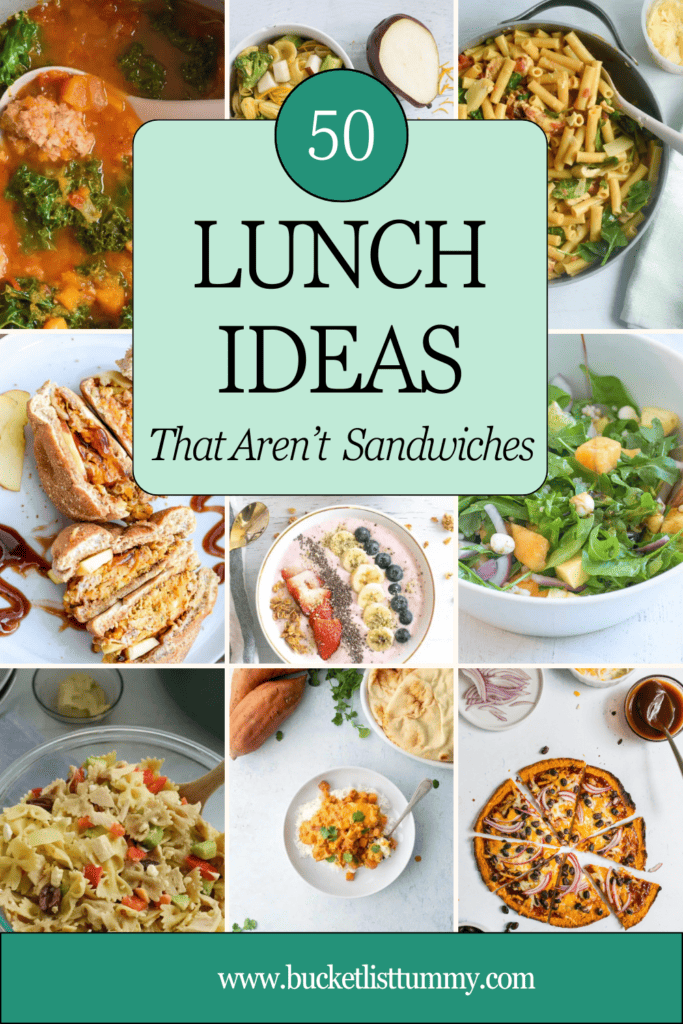

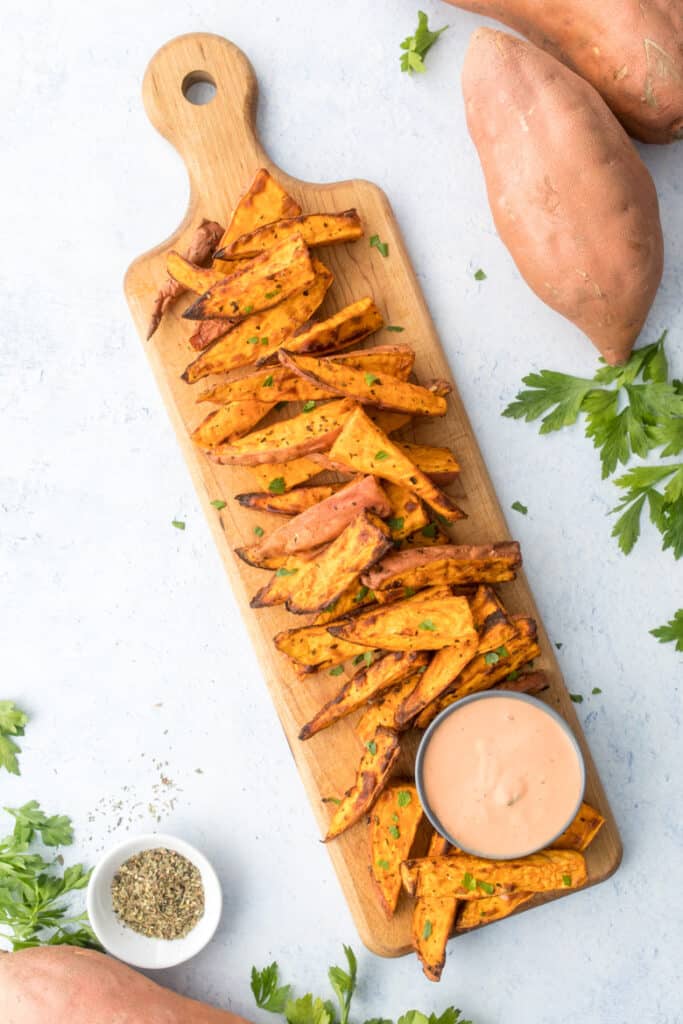

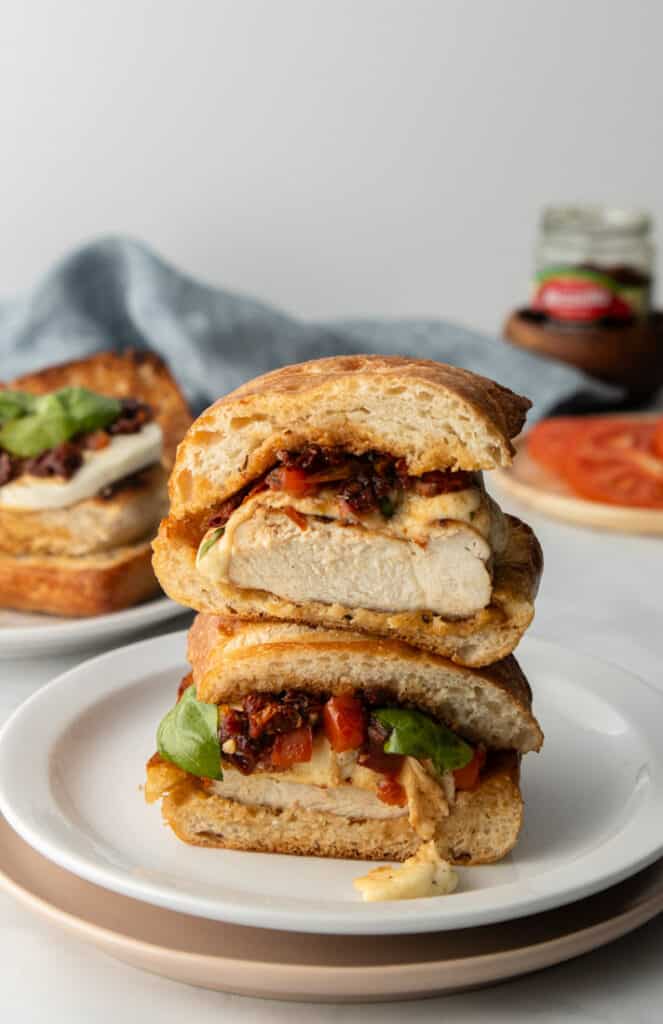
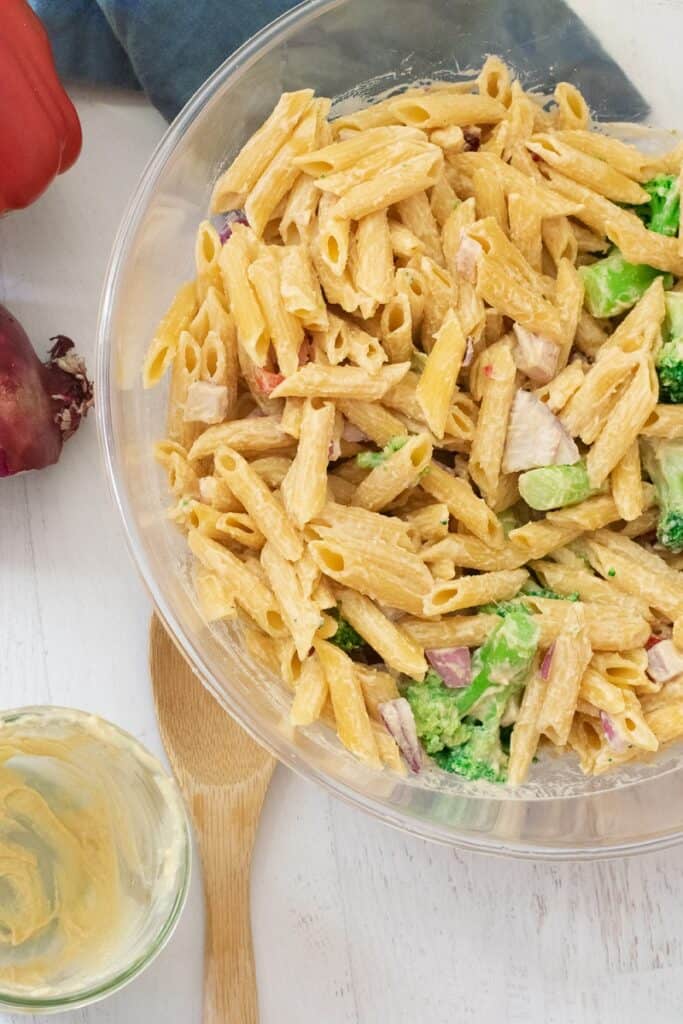







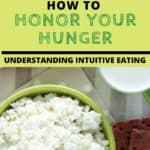

Like This Content?
Support Bucket List TummyThat was a great read: the idea that intuitive eating is emotional, instinctive, and rational is an eye-opener. Looking forward to the next part!
So glad you enjoyed it, Dee! And yes, it’s a combination of all 3 which I think can help bust the myth that it’s just instinct all the time.
Thanks for publishing the hunger scale graphic again. It’s a nice refresher!
You’re welcome! I know visuals are really helpful for some people.